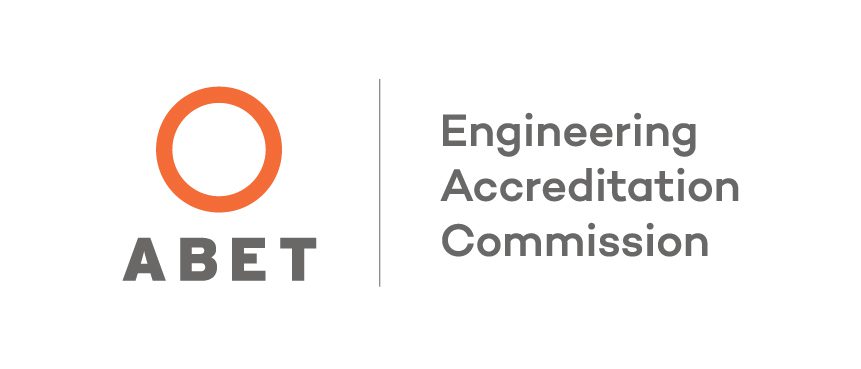Welcome to Mechanical, Environmental and Civil Engineering!
About Our Department:
All of our programs engage students in rigorous, hands-on curricula through which they apply engineering principles and problem-solving to create innovative, real-world solutions.
All of our programs incorporate faculty and peer mentoring to promote and nurture student success. Our students enjoy access to facilities and research equipment comparable to large research institutions. With today’s world of rapid change, new advancements are needed to make lives safer, more enjoyable, and more productive. A degree from our department will open the doors to an exciting career in engineering so that you can turn your dreams and ideas into realities.
Undergraduate Programs

The Mechanical Engineering (Bachelor of Science), Environmental Engineering (Bachelor of Science) and Civil Engineering (Bachelor of Science) programs at Tarleton State University are each accredited by the Engineering Accreditation Commission of ABET.
- Civil Engineering (Bachelor of Science) – This program was launched at Tarleton in Fall 2014, but it is one of the oldest engineering disciplines in the history of mankind. Civil engineering focuses on the design, planning, construction, and evaluation of the infrastructure around you, such as roads, bridges, dams, buildings, transportation, and water supply systems. The civil engineering program is offered at both the Stephenville campus and the Texas A&M-RELLIS campus.
- Environmental Engineering (Bachelor of Science) – Environmental engineers develop innovative and sustainable solutions to environmental systems such as recycling, waste disposal, water treatment, and air pollution control. They design processes and systems that reduce the negative effects of human activities on the environment, thus improving our health, happiness, and safety.
- Mechanical Engineering (Bachelor of Science) – This program was launched at Tarleton in Fall 2017. Mechanical engineers design and implement innovative technologies in a breadth of areas including automotive engines, aircraft controls, robotics and automation. The mechanical engineering program is offered at both the Stephenville campus and the Texas A&M-RELLIS campus.
Graduate Programs:
- Master of Science in Mechanical Engineering This degree is offered in both completely online and face-to-face (at the Stephenville campus) formats, starting in the Fall semester 2021. Either format allows a choice between thesis and non-thesis.
Program Entrance Requirements and Math Placement
The Civil, Environmental, and Mechanical Engineering programs do not have separate admission standards from that of the university, however, math preparedness is a critical component to success in either program. Thus it is very important for potential majors to strive to prepare in mathematics prior to entering college.
Students admitted to the Mayfield College of Engineering require a strong foundation in Math due to the prerequisites of the curriculum. Therefore, progress and academic performance are heavily impacted by engineering students’ math preparation and placement.
ALEKS-PPL allows us to place students accurately at the right math level based on students’ math knowledge and skills. However, this is not the main capability this student success tool provides students. The main contribution of ALEKS to students is offering the opportunity to enhance their math proficiency by creating online learning modules customized to each student based on the student’s math proficiency. Therefore, to increase our engineering students’ math preparation and consequently, their chances of academic success (e.g., retention, time to graduation) all Mayfield College of Engineering students who are
(a) “College-ready” based on TSI,
(b) are not transferring math credits from a higher education institution, and
(c) are not transferring AP math credits
will be placed into mathematics according to Placement Path 2 (ALEKS-PPL) of the Tarleton Mathematics Placement Policy.
If you plan to start at a community college and then transfer to one of our programs:
- Coursework in engineering degrees is very sequential – each course has one or more prerequisites – so it is important to start taking courses in your majoras early as possible if you wish to graduate in a four-year timeframe.
- Choosing to take only general education courses before transferring to one of our degrees is not recommended. Please contact the department for guidance on including appropriate math, science, and introductory engineering content – we’ll be happy to help!
Learn more about mechanical, environmental, and civil engineering careers
- DiscoverE – Engineering Careers
- ACM jobs website
- Bureau of Labor Statistics Occupational Outlook Handbook – Engineering Occupations
- Bureau of Labor Statistics Occupational Outlook Handbook – Computer Occupations







